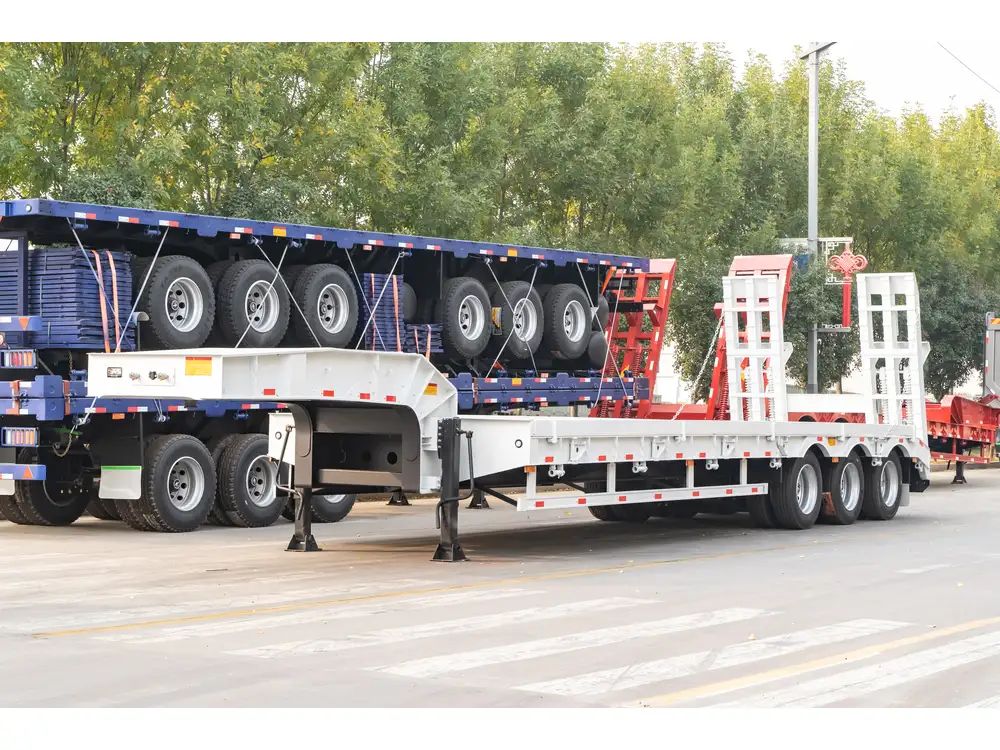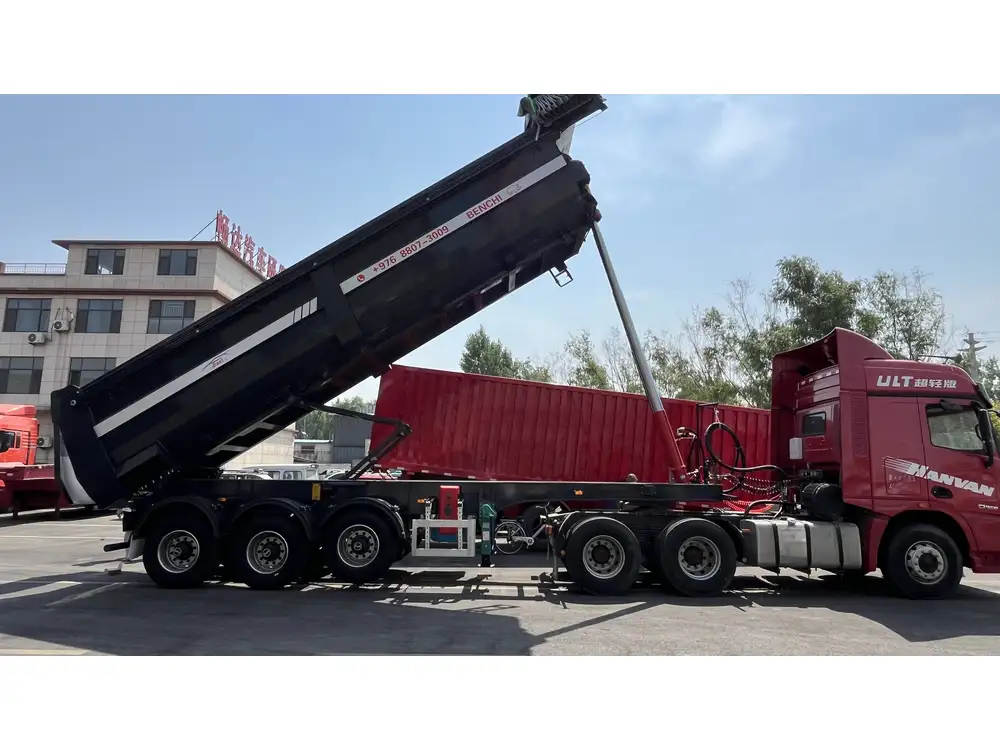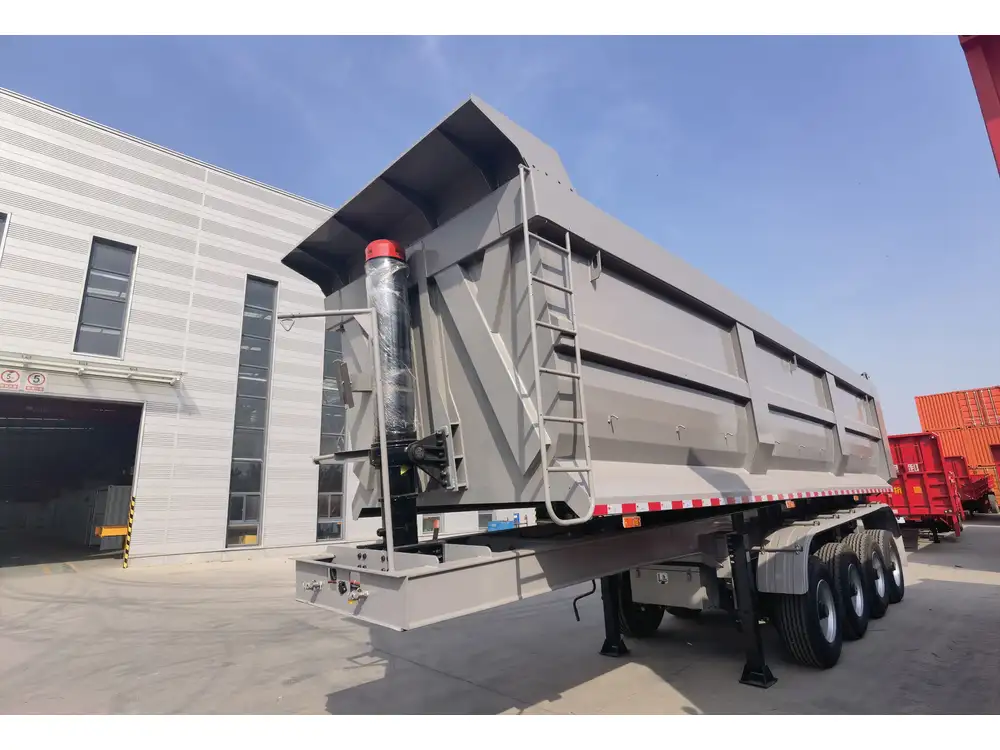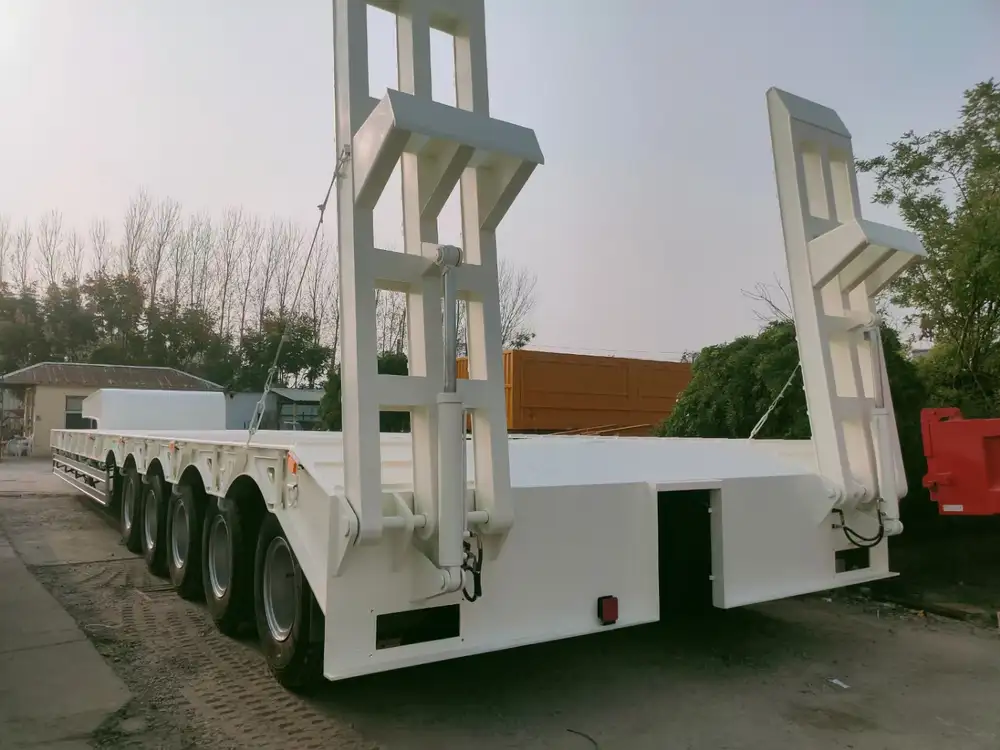Understanding the logistics of transporting a shipping container, particularly a standard 20ft unit, is critical for businesses and individuals alike. As the demand for mobility increases, determining the compatibility of a shipping container with car trailers becomes paramount. This article navigates the intricacies of transporting a 20ft shipping container, evaluating the capacities of conventional car trailers, legal considerations, and practical applications, ensuring users are equipped with the knowledge necessary for effective decision-making.
Overview of Shipping Container Sizes and Specifications
Dimensions of a 20ft Shipping Container
Before exploring transport options, it is essential to clarify the dimensions of a 20ft shipping container:
| Dimension | Measurement |
|---|---|
| Exterior Length | 20 ft (6.058 m) |
| Exterior Width | 8 ft (2.438 m) |
| Exterior Height | 8.5 ft (2.591 m) |
| Interior Length | 19.4 ft (5.898 m) |
| Interior Width | 7.7 ft (2.352 m) |
| Interior Height | 7.9 ft (2.385 m) |
| Maximum Gross Weight | 55,126 lbs (25,000 kg) |
| Tare Weight | 4,800 lbs (2,177 kg) |

Types of Trailers
To determine whether a car trailer can accommodate a 20ft container, it’s essential to analyze the various types of trailers typically used in transport, such as:
Car Trailers: Generally designed for transporting vehicles, these trailers come in different sizes and configurations and may not be ideally suited for containers.
Flatbed Trailers: These provide a versatile platform for carrying containers and often can handle the weight and length more efficiently.
Enclosed Trailers: Designed for sensitive cargo, but spatial limitations may hinder the loading of a shipping container.
By understanding these types, one can discern the viability of transporting a 20ft shipping container.
Assessing Compatibility: Dimensions of Trailers vs. Shipping Containers
Standard Car Trailer Specifications
A typical car trailer, particularly those designed for general vehicles, has varying specifications but usually falls within these parameters:
| Trailer Type | Length | Width | Weight Capacity |
|---|---|---|---|
| Standard Car Trailer | 16-20 ft | 6-8 ft | 3,500-7,000 lbs |

Comparison of Dimensions
When juxtaposing the dimensions of a 20ft shipping container with those of standard car trailers, a clear disparity becomes evident:
Length: A 20ft container exceeds the length capabilities of many standard car trailers. Even if a trailer claims to offer 20ft lengths, consider the additional clearance needed for safe transport.
Width: A 20ft container at 8ft wide meets the width of many car trailers, though most are designed for vehicles that are narrower.
Weight: With a maximum gross weight of 55,126 lbs, typical car trailers simply do not possess the capacity to carry this weight.
Conclusion on Compatibility
Given the above parameters, it becomes evident that a standard car trailer is generally inadequate for transporting a 20ft shipping container. The dimensions and weight restrictions prohibit safe and legal transportation, making it vital for users to identify appropriate alternatives.
Alternatives for Transporting a 20ft Shipping Container

Utilizing Flatbed Trailers
Flatbed Trailers are commonly used for transporting shipping containers due to their larger surface area and increased weight capacity. These trailers typically have the following specifications:
- Length: 20-53 ft
- Width: 8.5 ft
- Weight Capacity: Up to 48,000 lbs or more
Key Advantages:
Ease of Loading: With a flat design, loading and unloading containers becomes a straightforward task, allowing for the use of cranes or forklifts.
Versatility: Flatbed trailers can be adapted for various loads beyond containers, making them a pragmatic investment.
Using Specialized Container Trailers
Specialized container trailers are specifically engineered to transport shipping containers, featuring:
Container Locks and Lifting Gear: These ensure the container is secured firmly during transit.
Adjustable Structures: Accommodate different container sizes, providing flexibility in logistics.

Crane and Forklift Services
Another solution involves hiring crane and forklift services to facilitate the movement of shipping containers directly. This method is highly effective for businesses that require the container to be moved short distances.
Benefits:
- Safety: Eliminates the risk of transport failure and accidents associated with improper loading.
- Flexibility: Allows containers to be placed exactly where needed at the destination site.
Legal Considerations for Transporting Shipping Containers

Weight Regulations
Heavy penalties can ensue from exceeding weight limits established by local and federal regulations. Therefore, it is crucial to ensure compliance with:
| Regional Authority | Weight Limit |
|---|---|
| Federal Highway Administration (USA) | 80,000 lbs (maximum for common freight on interstate highways) |
| State-specific regulations | Varies by state and road type |
Permit Requirements
Transporting a large load often necessitates obtaining special permits that can include:
- Oversized Load Permits: Required if the load exceeds standard limits.
- Weight Permits: Necessary for loads exceeding local weight limits.
It is advisable to consult local transportation authorities to ensure all legal obligations are met, avoiding fines and complications.
Practical Applications and Considerations

Industry Use Cases
Construction: Contractors often require the transport of materials or equipment using shipping containers. The logistical considerations make it vital to evaluate suitable trailer options.
Relocation: Individuals relocating may wish to use a container for transporting personal belongings, which requires an understanding of their trailer options.
Storage Solutions: Businesses requiring flexible storage solutions can benefit from understanding transport guidelines of containers to optimize ease of access.
Shipping Container Transport FAQs
Can a 20ft shipping container fit on a standard car trailer?
No, standard car trailers are generally too small in length and capacity to transport a 20ft shipping container safely and legally.

What are the best options for transporting a 20ft container?
Flatbed trailers and specialized container transport trailers are most suitable for moving a 20ft shipping container.
What should I consider before transporting a shipping container?
Evaluate the load weight, dimensions of the trailer, local transport regulations, and whether permits are needed.
Cost Considerations
Understanding the costs associated with shipping container transport is essential. Below is a breakdown:
Trailer Rental Costs: Flatbed trailers can typically be rented for $100-$200 per day, while specialized container trailers may incur higher fees.
Transportation Fees: Professional transport services vary significantly, often ranging from $200 to $1,500 depending on distance and load weight.
Permit Fees: These can add an additional $100 up to several hundred dollars, depending on location and requirements.

Conclusion
Transporting a 20ft shipping container demands meticulous planning and understanding of trailer compatibility, legal considerations, and practical applications. Standard car trailers do not suffice for this task due to their insufficient dimensions and weight limits. By opting for flatbed or specialized container trailers, users can ensure safe, efficient transportation while complying with legal regulations. Armed with this comprehensive understanding, users can confidently navigate the transportation landscape, facilitating better logistics and operational success.



